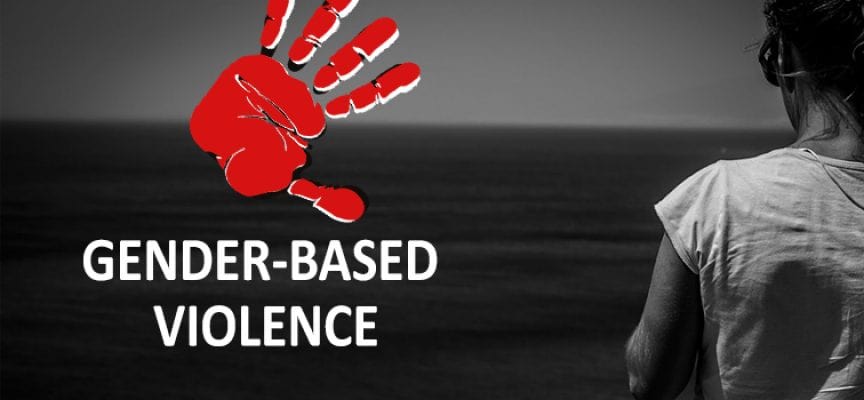In 2020, my friends and I organized a support group during the outbreak of the novel coronavirus in Liberia. The group read books, held literary discussions, and designed different virtual activities that ensured we all kept mentally balanced while undergoing the lockdown. We also hosted webinars focusing on the most pressing issues in the country during that period. In June 2020, we held a gathering with discussions on SGBV and its psychological impact on survivors. That particular session was overwhelming, with goosebumps and unsettling emotions elicited from stories of survival and abuse that participants shared.
• • •
Some months ago, one of the participants from that session shared a flyer inviting me to a candlelight event commemorating the three-day national protest held in 2020 to end rape in Liberia. During the event, survivors of rape and sexual abuse were given a platform to share their stories. Though tragic, the setting renewed vigor and energy for justice and human rights. It also connected survivors to a community of people who not only empathized with them at the surface level, but also shared their thirst for total healing, recovery and justice..
If there’s one thing I’ve learned from speaking with rape survivors and social activists, it is the fact that the impacts of SGBV have proven to be terrible, and in many ways, transcendent of the physical harms and injuries if the victims survive. Their social well-being and mental stability are affected greatly during the trauma and beyond. Survivors process grief and trauma the most, above all other things. The stories of survivors are deeply entrenched in utmost despair and frustration in systems that fail to deliver justice and other forms of remedial relief desperately needed. People should not have to resort to protests before actions are taken nationally on SGBV. A protest is nothing more than an accumulation of frustration, rage, and anger in systems and institutions that fail to deliver the needs and rights of people. Access to justice is not a privilege, it is a fundamental human right that should be made readily available for all without any need for protest.
In our aspiration to address issues of SGBV in Liberia, special attention must be given to existing inefficiencies that prevent us from delivering solutions. It is important to review the limitations of institutions responsible to combat SGBV, and provide the rightful tools needed for effective solutions. The Criminal Court E responsible for adjudicating cases against SGBV must be decentralized across Liberia to enhance access to justice in rural settings and places out of reach. Section 25.3(a) of the Act of 2008 establishing Criminal Court E acknowledges that “all persons charged with a sexual offense must be transferred from magisterial courts in rural counties to the circuit court in Montserrado County within 72 hours upon arrest”, and this affects the justice process meaningfully. As there is only one Circuit Court (E) responsible to adjudicate sexual offenses nationwide, the court is crowded and it affects our national response to SGBV. In fact, magisterial courts in many counties fail to transfer cases of sexual offense due to logistical constraints and lack of relevant resources. For instance, of the 1,511 cases of rape from 2014 – 2015, only 259 were sent to court as recorded by the Human Rights and Protection Section of UNMIL in October 2016. Additionally, there should be special courts dedicated to SGBV to enhance access to justice and speedy trials. Impunity and injustice inspire the persistence of SGBV in our society, among other issues.
Beyond the physical solutions, other necessities to consider in the fight against SGBV are the psychosocial and mental health needs of survivors. The issues of grief, trauma, and post-traumatic stress disorders rage among victims and undermine their mental wellbeing. For many, their lives become marred by these emotional scars for long periods. While significant effort must be thrown towards the justice systems, the social and emotional needs of victims must be given special priority. Other health concerns such as sexual reproductive health should be considered as well. The Government must invest in safe homes inclusive of a national rehabilitation and trauma counseling program.
At the moment, we are faced with significant challenges in addressing issues of SGBV in Liberia now – a crisis that has permeated our society and raged consistently for years. Our solutions should therefore go beyond short-term results and be tailored to create safe spaces for all without discrimination. Our Government must design appropriate policies AND implement them to renew Liberians’ faith in the systems and institutions responsible for SGBV response.
Authored by: Bill Ivans Gbafore
Featured Image by: Development Knowledge Link Africa

